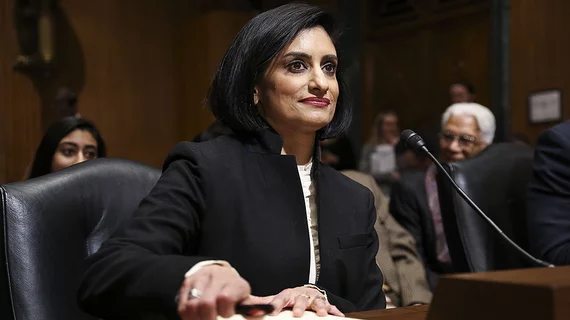CMS administrator defends Medicaid block grants policy
The Trump administration recently released its policy to allow states to opt into Medicaid block granting, a move that fundamentally would shift financing of the federal program. The policy brought swift backlash from the industry, with groups voicing concerns that caps on Medicaid payments will cut spending on needed services and harm patients.
CMS Administrator Seema Verma has since penned an op-ed in the Washington Post defending the policy, dubbed Healthy Adult Opportunity. According to Verma, block grants give states “a historic level of flexibility” to design programs for their beneficiaries.
Verma also vehemently defended that the policy does not lead to Medicaid cuts, calling talking points to that effect as having “a dubious relationship with reality.”
“Nothing could be further from the truth,” she wrote.
“Let me be clear: Fearmongering notwithstanding, HAO does not cut Medicaid funding,” Verma continued. “This optional demonstration continues federal funding to states based on their historical spending with a reasonable growth rate.”
States already can opt to have some of the federal funding for Medicaid under a fixed budget through a section 115 waiver or the Children’s Health Insurance Program (CHIP). The HAO program also allows for adjustments in some circumstances.
Verma also slammed “misinformation” about the new policy and swatted away legal threats.
However, Verma also outlined that the program will help states “prioritize these finite dollars” for the most vulnerable patients. She also underscored the HAO is options and only available to a limited Medicaid population of working-age adults who are not eligible for the federal program of a disability, about 15 million people.

